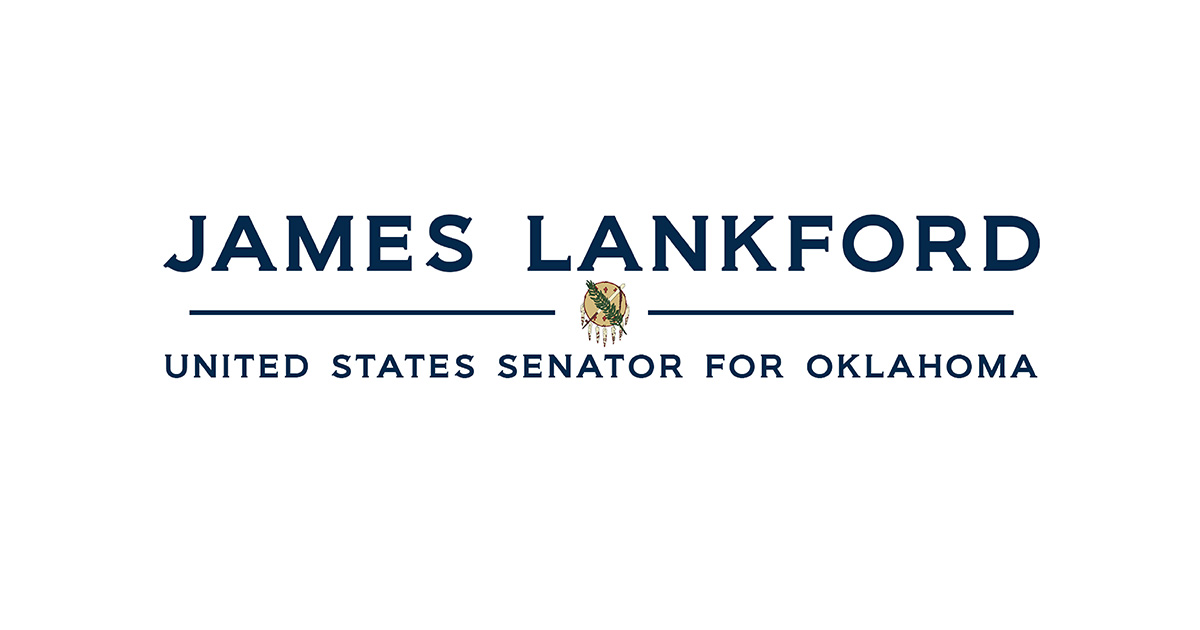Source: United States Senator for Oklahoma James Lankford
OKLAHOMA CITY, OK – Senator James Lankford (R-OK) was joined by Senator Dick Durbin (D-IL) to introduce the Rural Hospital Closure Relief Act, which would support financially vulnerable rural hospitals facing risk of closure.
“It is not sustainable or safe for patients in rural Oklahoma and around the nation to be forced to drive hours to get to their nearest hospital,” said Lankford. “Our bill would ensure hospitals serving low-income or rural areas can keep their doors open and continue to serve their communities. There are many areas of health care in our nation that need our attention, but while we continue to work to address them, we cannot leave out our rural communities. Oklahomans should be able to live where they want and still be able to access quality health care.”
“Rural hospitals are the backbone of the communities in Illinois and across the country, providing essential access points to health care and anchoring the local economy. Yet, many grapple with financial vulnerabilities that have only increased, and patients across rural Illinois face challenges accessing the health care they need—with too few medical providers and long distances between them. Our bipartisan bill protects our rural hospitals from closing and strengthens our commitment to the communities that depend on these essential health providers,” Durbin said.
Lankford remains a strong advocate for addressing health care access deficiencies in rural Oklahoma and around the nation. Lankford announced a huge win late last year for rural hospital access in Oklahoma and around the nation after the Centers for Medicare and Medicaid Services (CMS) announced its Rural Emergency Hospital (REH) rule. The rule, among other things, redefined a “primary” road for purposes of establishing the distance a hospital must be from another hospital to receive CMS’ Critical Access Hospital (CAH) designation.
The legislation would update Medicare’s CAH designation so more rural hospitals can qualify for this financial lifeline and continue to serve their communities with quality, affordable health care services. Small and rural hospitals are the backbone of their communities, and often the largest employers, contributing nearly $5 billion in direct spending on payroll, goods, and services. Yet more than 135 rural hospitals have closed nationwide in the past dozen years, and an estimated 51 percent of rural hospitals ran operating losses last year and 450 hospitals are facing closure risk.
Under CAH status, hospitals are paid a higher Medicare rate—101 percent of their actual costs, rather than set rates per service, as long as they have fewer than 25 inpatient beds; are located 35 miles from other hospitals; maintain patient length of stays less than 96 hours; and offer 24/7 emergency care.
The Rural Hospital Closure Relief Act would support and stabilize rural hospitals by providing flexibility around the 35-mile distance requirement and enabling states to certify a hospital as a “necessary provider” in order to obtain CAH designation. This authority ended in 2006, but Lankford’s bill would re-open this financial lifeline for certain rural hospitals that serve a low-income community, are located in a health professional shortage area, and that have operated with negative margins for multiple years.
###
